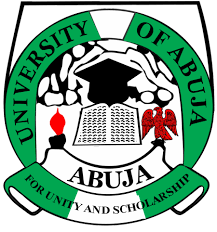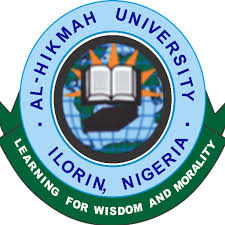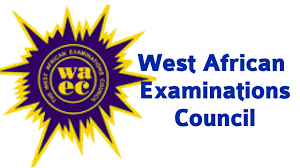The Head of WAEC Nigeria, Dr. Amos Dangut, on Monday apologised profusely to Nigerians and admitted that logistical breakdowns—triggered by a last-minute question paper reprint due to leaks—were at the heart of the 2025 West African Senior School Certificate Examination (WASSCE), during which Nigerian students were forced to sit for English Language papers as late as 9 p.m. under poor lighting conditions.
He further revealed that WAEC’s internal printing press was operating at just 50% capacity, forcing the council to rely on external vendors, which compromised the process.
Recall that the House of Representatives Committee on Basic Education and Examination Bodies launched a probe into the West African Examinations Council (WAEC) over what it described as a grossly mismanaged 2025 West African Senior School Certificate Examination (WASSCE), during which Nigerian students were forced to sit for English Language papers as late as 9 p.m. under poor lighting conditions.
At an investigative hearing in Abuja, the committee, visibly dissatisfied, demanded a comprehensive report and official guidelines from WAEC on the conduct of the controversial exams. The resolution followed a motion raised by Rep. Mary Ibikake (PDP-Bayelsa), amid growing national outrage.
Committee Chairman, Rep. Oboku Oforji (PDP-Bayelsa), did not mince words in condemning the examination body’s handling of the exercise, calling it a national embarrassment that requires urgent redress.
“Parents, students, and Nigerians at large deserve answers,” Oforji said. “This is not just a technical glitch—this is about the psychological and academic well-being of our children. Parliament approved funds for WAEC to deliver credible examinations, not to subject students to chaos.”
He stressed that the committee was not on a witch-hunt but owed the nation an obligation to uncover both the immediate and systemic failures that led to the scandal, and to prevent a recurrence.
In his defence, Dangut explained that the overnight distribution of replacement exam papers led to breakdowns in remote areas, delaying exams by several hours. However, he denied claims that candidates were left in harsh conditions, stating that WAEC worked with schools and parents to provide alternative lighting such as torches, candles, and handset lights.
“We have commenced a full investigation and anyone found culpable will face legal consequences,” he said, adding that investments were already underway to restore WAEC’s internal printing capacity to 100%.
Despite the apology, lawmakers maintained that the breach was unacceptable.
This kind of operational failure not only undermines the credibility of WAEC but also exposes our children to trauma and academic disadvantage,” Oforji stated in his final remarks.
He charged WAEC to put in place robust contingency and security measures to restore public confidence and ensure such a lapse never happens again.








